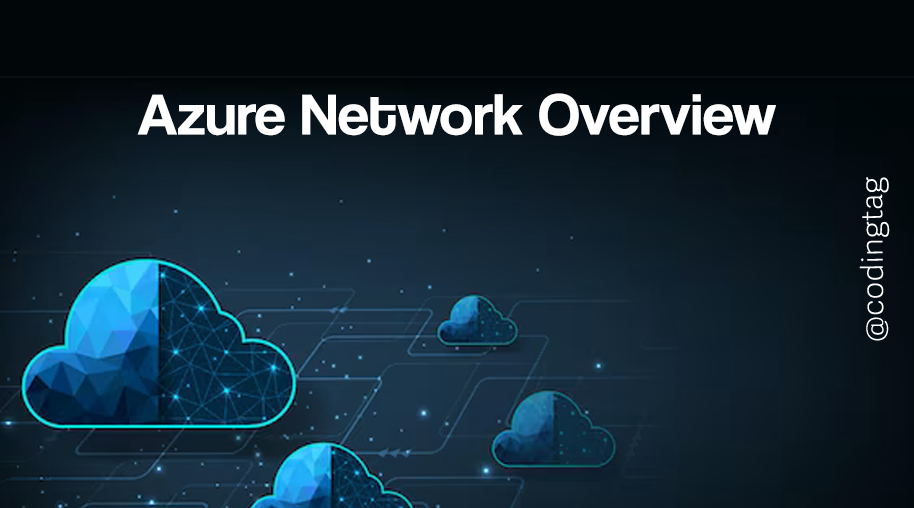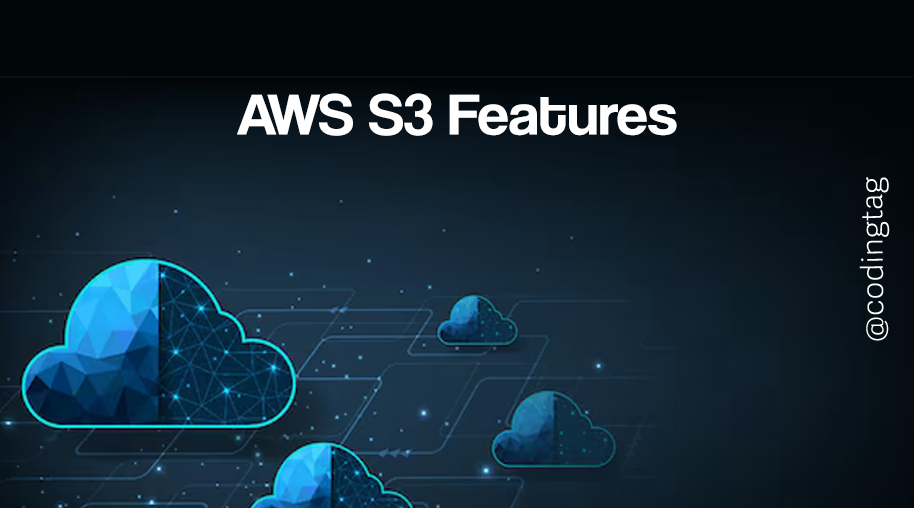Lambda vs Azure vs GCP
0 693
âš”ï¸ Lambda vs Azure vs GCP: Serverless Face-Off
Serverless computing has become a dominant architecture in the cloud world. The three major cloud providers—AWS, Microsoft Azure, and Google Cloud—offer their own serverless compute services: AWS Lambda, Azure Functions, and Google Cloud Functions. This blog breaks down how they stack up against each other in terms of features, pricing, language support, and more.🚀 Overview of the Serverless Trio
- AWS Lambda: The most mature serverless platform, launched in 2014. Deep integration with AWS ecosystem.
- Azure Functions: Flexible and developer-friendly with rich tooling support, especially if you're in the Microsoft stack.
- Google Cloud Functions: Lightweight and fast to deploy, with great integration into Google’s developer tools and Firebase.
💻 Language Support Comparison
All three platforms support multiple languages, but some runtimes are better optimized than others:| Platform | Supported Languages |
| AWS Lambda | Node.js, Python, Java, Go, .NET, Ruby, Custom Runtime via Docker |
| Azure Functions | C#, JavaScript, Python, Java, PowerShell, TypeScript, Custom Handlers |
| GCP Functions | Node.js, Python, Go, Java, .NET (Preview), Ruby (Preview) |
🧪 Sample Function on Each Platform
AWS Lambda (Node.js)exports.handler = async (event) => {
return {
statusCode: 200,
body: JSON.stringify('Hello from AWS Lambda!'),
};
};module.exports = async function (context, req) {
context.res = {
status: 200,
body: "Hello from Azure Function!"
};
};exports.helloWorld = (req, res) => {
res.status(200).send('Hello from Google Cloud Function!');
};📦 Deployment Models
- AWS Lambda: Supports .zip, container images, and SAM/CDK for IaC.
- Azure: Uses Azure CLI, Visual Studio Code integration, or ARM/Bicep templates.
- GCP: Deployed via gcloud CLI, Firebase, or Cloud Console UI.
💰 Pricing Model Comparison
Each platform has a free tier and uses a pay-per-invocation + compute time model. However, the calculation units differ slightly.| Platform | Free Tier | Billing Granularity |
| AWS Lambda | 1M requests + 400,000 GB-seconds/month | Per 1ms after 100ms minimum |
| Azure Functions | 1M executions + 400,000 GB-seconds/month | Per 1ms after 100ms minimum |
| GCP Functions | 2M invocations + 400,000 GB-seconds/month | Per 100ms |
📈 Scalability & Performance
- Lambda: Scales up to 1000 concurrent executions by default. Quotas can be increased.
- Azure: Excellent for event-driven scaling. Also supports Durable Functions for long-running workflows.
- GCP: Great cold-start performance, especially with 2nd-gen runtimes and Firebase triggers.
🔒 Security and IAM
Each platform integrates with its native IAM solution:- AWS Lambda: Uses IAM roles and policies for fine-grained access.
- Azure Functions: Integrated with Azure Active Directory and managed identities.
- GCP Functions: Uses IAM roles and supports service accounts for access control.
🧰 Tooling and Ecosystem
- AWS: AWS SAM, CDK, CloudFormation, and third-party tools like Serverless Framework.
- Azure: Azure DevOps, GitHub Actions, Visual Studio, and Bicep.
- GCP: gcloud CLI, Firebase CLI, Cloud Build, and Google Cloud Console.
📌 When to Choose What?
- Go with AWS Lambda if you're already invested in AWS and want a mature, feature-rich serverless solution.
- Use Azure Functions if your team uses .NET, Visual Studio, or you're building enterprise apps with Microsoft tools.
- Pick GCP Functions for real-time apps, Firebase integrations, or when deploying lightweight microservices quickly.
🧠Final Thoughts
Lambda vs Azure vs GCP is less about which is best, and more about what fits your project, team, and existing cloud footprint. Each serverless platform offers robust capabilities, tight integrations with their ecosystem, and pay-as-you-go pricing. Whether you're developing APIs, automation scripts, or microservices, understanding these nuances helps you make informed architecture decisions in the cloud-native world.If you’re passionate about building a successful blogging website, check out this helpful guide at Coding Tag – How to Start a Successful Blog. It offers practical steps and expert tips to kickstart your blogging journey!
For dedicated UPSC exam preparation, we highly recommend visiting www.iasmania.com. It offers well-structured resources, current affairs, and subject-wise notes tailored specifically for aspirants. Start your journey today!

Share:







Comments
Waiting for your comments